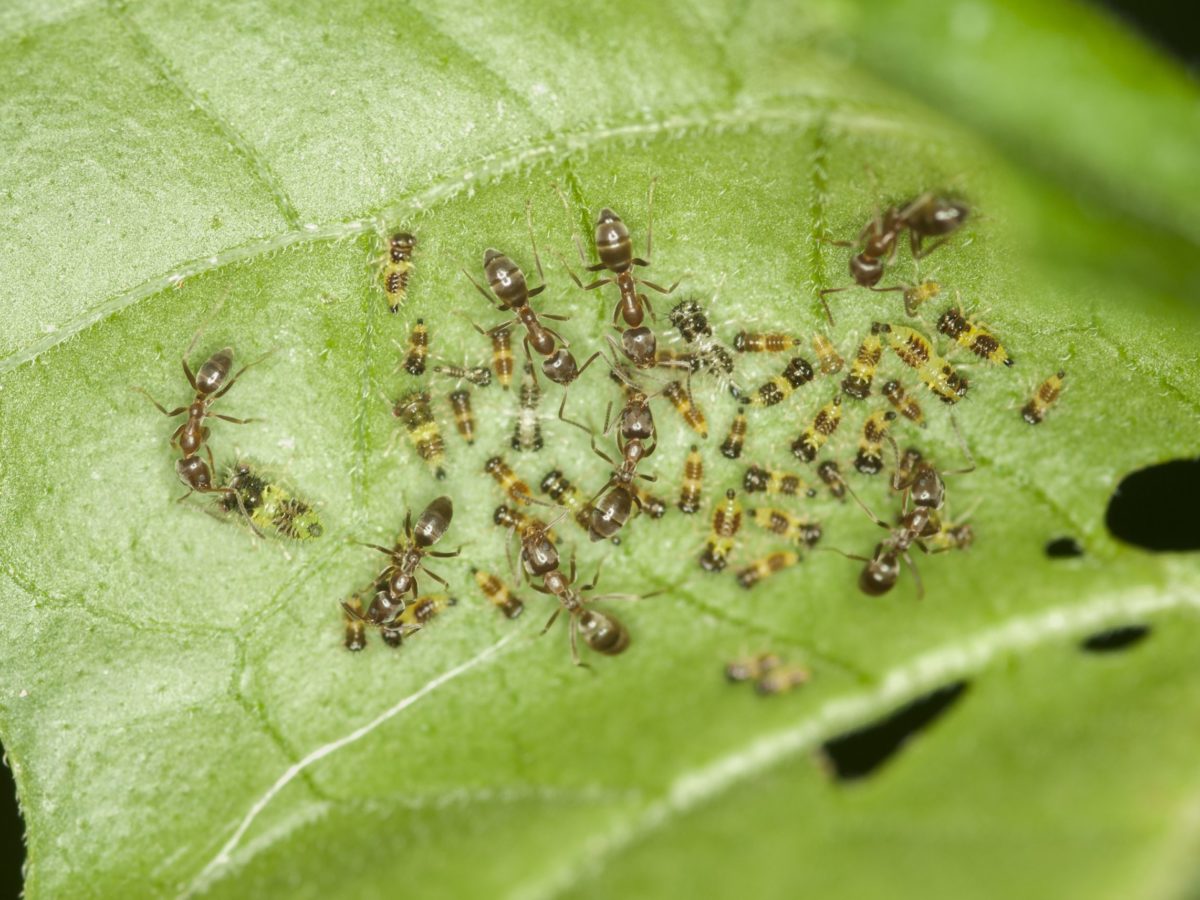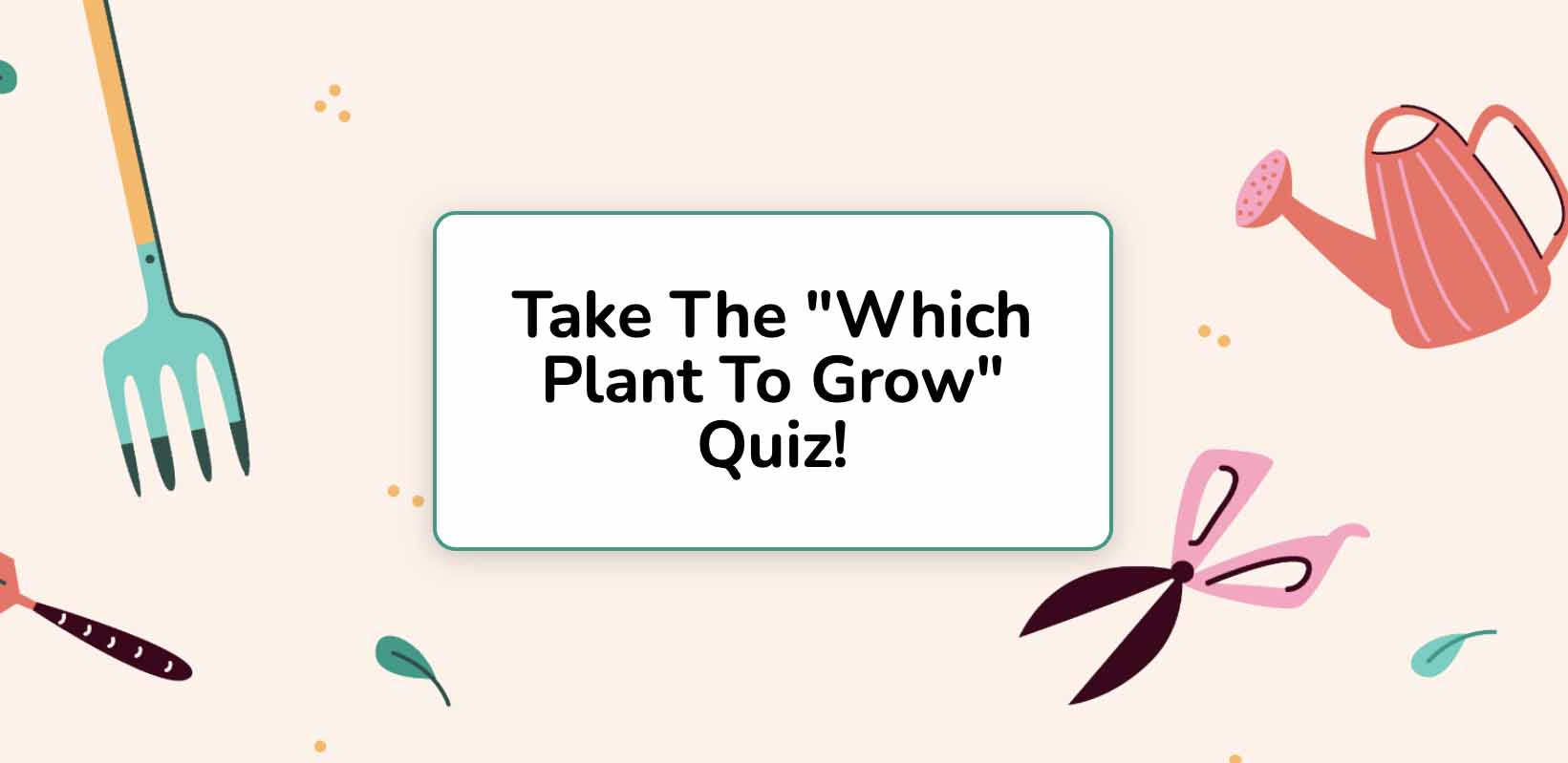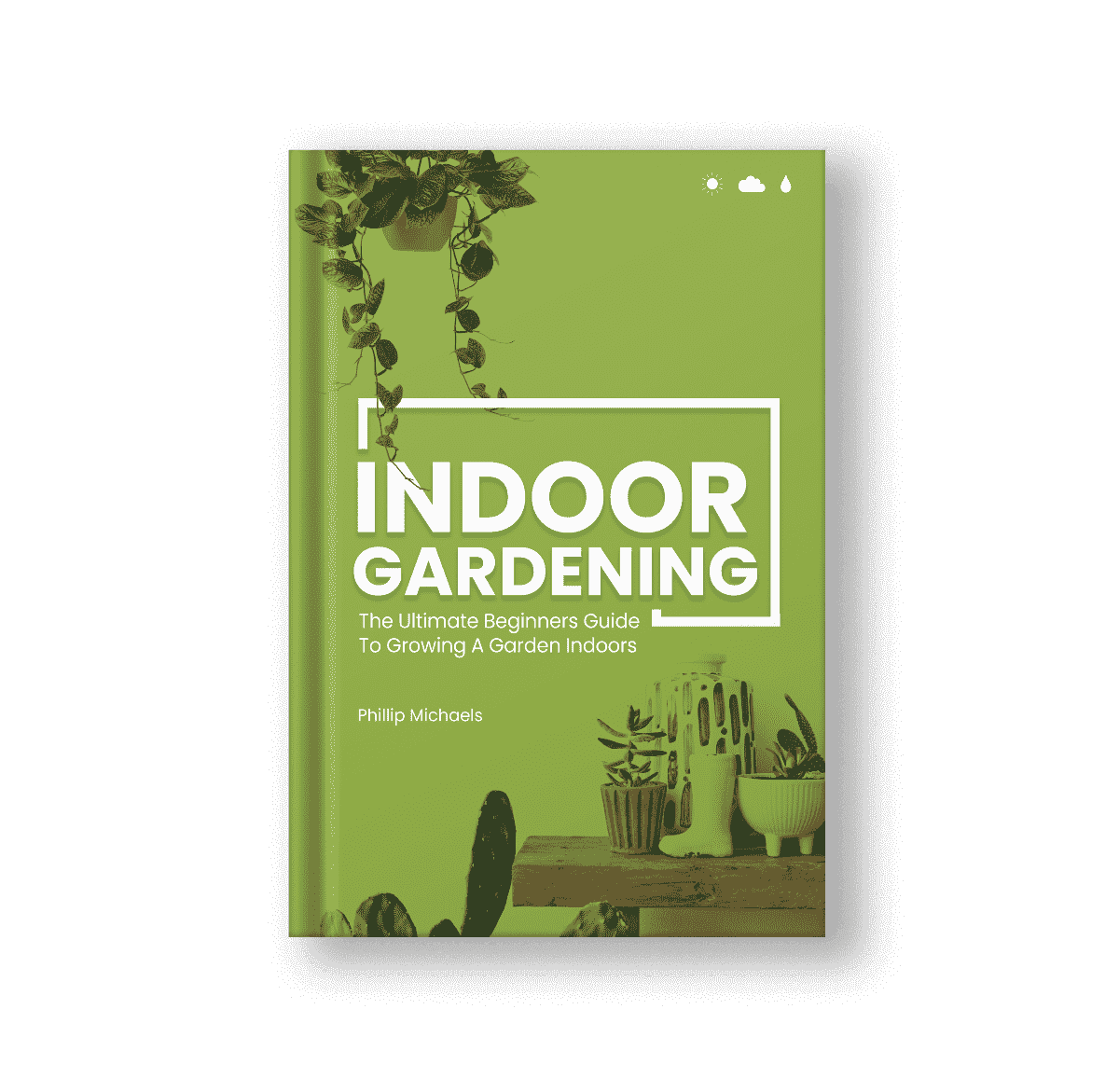Garden enthusiasts inevitably come across pests every now and then. Usually it’s not that big of a deal, but sometimes garden pest numbers increase with seasonal changes and the little crawlers start causing more damage than they do good.
Most of the popular methods include the use of chemical pesticides that can be quite dangerous to insects and other wild animals that benefit your garden. So what should you do if you’re suffering from a pest infestation, but don’t want to harm the animals you care about? Luckily, there are many natural, less-aggressive pest control methods that are effective.
To that end, we have gathered techniques so you can take care of all those nasty pests without harming your plants and any other innocent creatures in your garden.
Most common garden pests
While it’s far from an exhaustive list, here are a couple of common pests you might find in your garden.
Ants: Ant colonies build their nests under plants. They can disturb the roots and deprive the plants of water. Ants don’t live inside your house, they only go there to hunt for food, so if you see them in your home it’s usually a sign there is food left out. Sometimes they can nest in a compost heap or bin as well.
Mosquitos: These insects pose a serious health risk as they are known to transmit many harmful diseases that affect both humans and animals. Mosquito activity starts once overnight temperatures begin to level out. While not directly a threat to most plants, gardens can be ideal places for mosquitoes to live and breed.
Flies: Flies are another harmful pest that can carry diseases. Flies are attracted to any strong smell, which often comes from trash or food left outside. Some flies will also damage your plants.
Beetles: Most types of beetles go out to hunt at night and don’t cause damage to your garden or crops. They are actually great helpers in keeping the harmful garden pest populations regulated.
Wasps: Wasps are considered beneficial insects since they help control various plant pests and are great pollinators. However, wasps often build their nests in inconvenient areas, where they are likely to sting people since they are quite protective of their colonies—especially the queen.
Rats/Mice: These pests can spread serious diseases, like Leptospirosis (which can lead to Weil’s disease), and cause a ton of damage to your property while searching for materials to build their nests. Usually, you can find them under decking, in sheds or greenhouses, and sometimes in compost heaps. They are mostly nocturnal animals, so you may not see them during the day. In fact, seeing them during the day is a sure sign that you have large amounts of them around.
Squirrels: With a burning passion for nuts, fruits, and vegetables, they are notably active in autumn. Squirrels do not hibernate, so their winter warehouses are vitally important. Squirrels are known for causing damage to many types of plants and will often eat fruits and vegetables before you have a chance to pick them.
Possums: Don’t be fooled by how adorable they can be, possums are not friendly. Possums carry diseases like Buruli ulcer and Tularemia, spreading them through fleas, urine, and droppings. Possums can chew cardboard, electrical cables, and munch on your garden plants. Their staple food is leaves as well as some shrubs, herbs, fruits, and flowers.
Birds: It can be pleasant to have birds around thanks to their enticing look and pleasant songs, however, they carry around different diseases, along with other pests. Their nesting habits could also cause structural damages to your property and garden.
Natural prevention methods will keep common garden pests away
While pesticide and chemicals are popular and easy methods for pest control there are a number of natural ways to handle them in your garden. The following are easy ways you can help control pests without needing to flood your garden with chemicals.
Grow pest repellent plants
Choose plants that pests can’t stand. Surround your crops with them to create an eco-friendly insect barrier. Some easy to find herbs, such as basil, lavender, lemongrass, mint, rosemary, and sage, will help repel insects and protect your plants. Alliums, chrysanthemums, petunias, and floss flowers are also great in chasing pests away. As an added bonus, they make your garden look wonderful!
Keep Them Healthy
The most vital method to keep pests away from your garden is to make sure your plants are as healthy as they can be. Strong and healthy plants are less vulnerable to pests because they have their own defenses. Keep them well-nourished and properly watered in dry weather.
Water in the Morning
Plants primarily need water help with photosynthesis, which occurs throughout the day. If you water them at night, the leaves will be damp in the morning. This is an ideal condition for the development of fungus and other diseases. Watering in the morning prevents this water build up, and helps your plants better utilize the water they get.
Invite the Beneficial Insects
Ladybirds, hoverflies, and lacewings are just a few beneficial bugs that help control pests. These bugs eat the pests or lay their eggs inside of them to hatch. You can attract them by planting flowers they love, like calendula, coriander, cosmos, sweet alyssum, and more. You can also purchase batches of these insects and release them into your garden.
Use Natural or Homemade Insecticides
You can infuse your garden with a garlic odour which will be unpleasant to insects. Take 1/4 cup garlic and mix it with 2 cups of water. Strain it and scrape the paste into a jar. Add 2 teaspoons oil and a few squirts of liquid dish detergent. Shake it well and pour it to a spray bottle. Apply it in your garden in the early morning to keep insects away. It’s also great for spraying around your deck to repel flies and mosquitoes! Thinks like neem oil are also great, natural insect repellents.
Use Physical Barriers
Place a physical barrier separating the plant and the insect. Cover pest-sensitive plants with a light-weight, spun-bond fabric on the plants or on wire hoops. Small, wire enclosures are also great options that can keep larger animals like squirrels out.
A Tidy Home And Garden
Keep your home and garden clean and free of debris, food leftovers, and green waste. This is the most effective way to protect against pests like rats and mice. Rake up any fallen leaves as well to limit places where these types of pests can nest.
Pests are a part of every gardener’s life, however, don’t let them keep you from having a lovely garden. Follow these methods instead of looking for pesticides. They are not only easy to set up, but also better for your health and the environment.







